Description
Mathematical Models in Epidemiology is a comprehensive, self-contained introduction to the mathematical modeling and analysis of disease transmission models. It includes the main concepts of compartmental models including models with heterogeneous mixing of individuals and models for vector-transmitted diseases, a detailed analysis of models for important specific diseases, including tuberculosis, HIV/AIDS, influenza, Ebola virus disease, malaria, dengue fever and the Zika virus, more advanced mathematical topics, including age structure, spatial structure, and mobility, and some challenges and opportunities for the future. There are exercises of varying degrees of difficulty, and projects leading to new research directions. For the benefit of public health professionals whose contact with mathematics may not be recent, there is an appendix covering the necessary mathematical background. There are indications which sections require a strong mathematical background so that the book can be useful for both mathematical modelers and public health professionals. 624 p.
Series: Texts in Applied Mathematics Volume 69

- Fred Bauer, Professor. University of British Columbia, Department of Mathematics, Vancouver, BC (Canada).
- Carlos Castillo-Chavez, Professor. Mathematical and Computational Modeling Center, Department of Mathematics and Statistics, Arizona State University, Tempe, AZ (USA).
- Zhilan Feng, Professor of Mathematics. Purdue University, Department of Mathematics, West Lafayette, IN (USA).
- Publication date (digital version): 2019-11 – Springer.
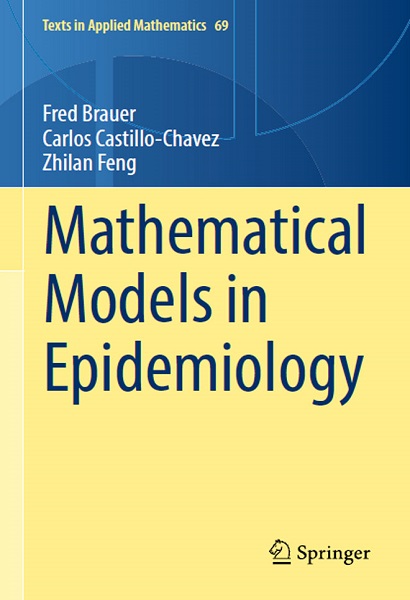
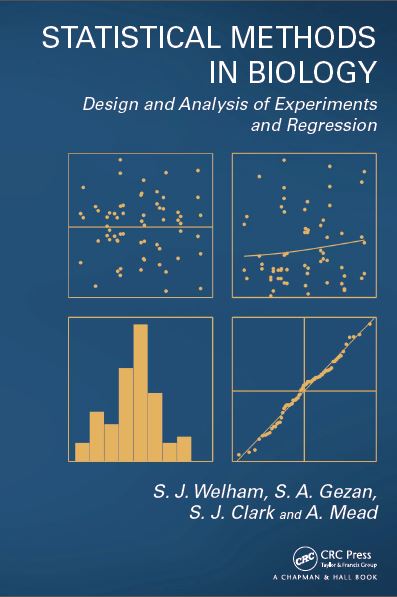
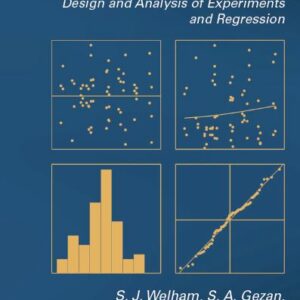
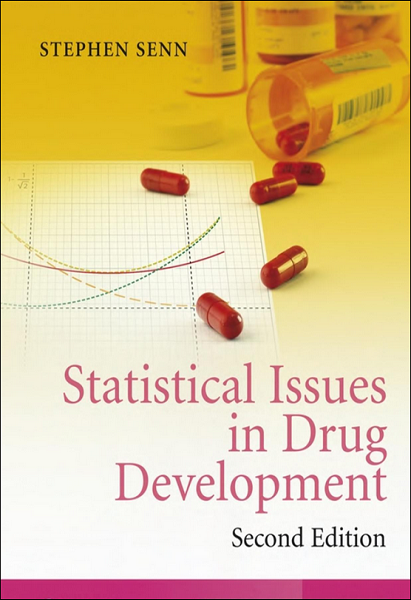
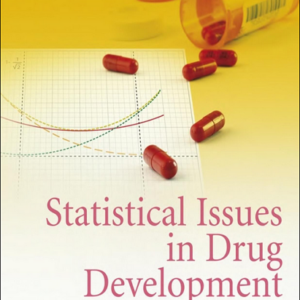
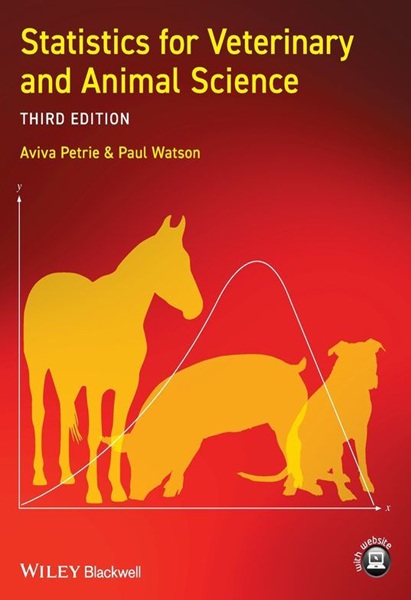
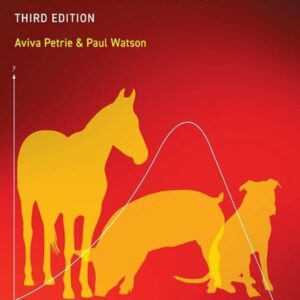


You must be logged in to submit a review.